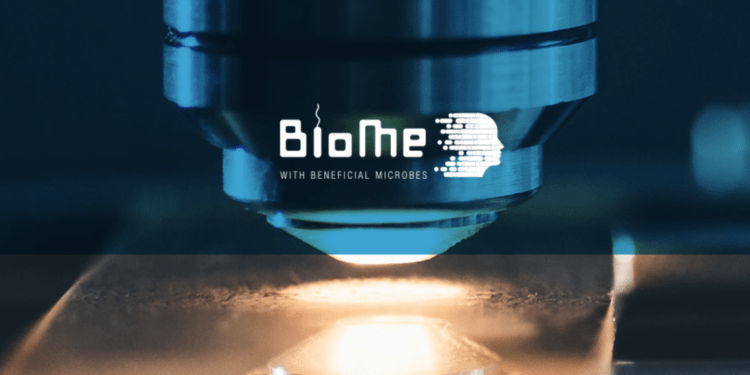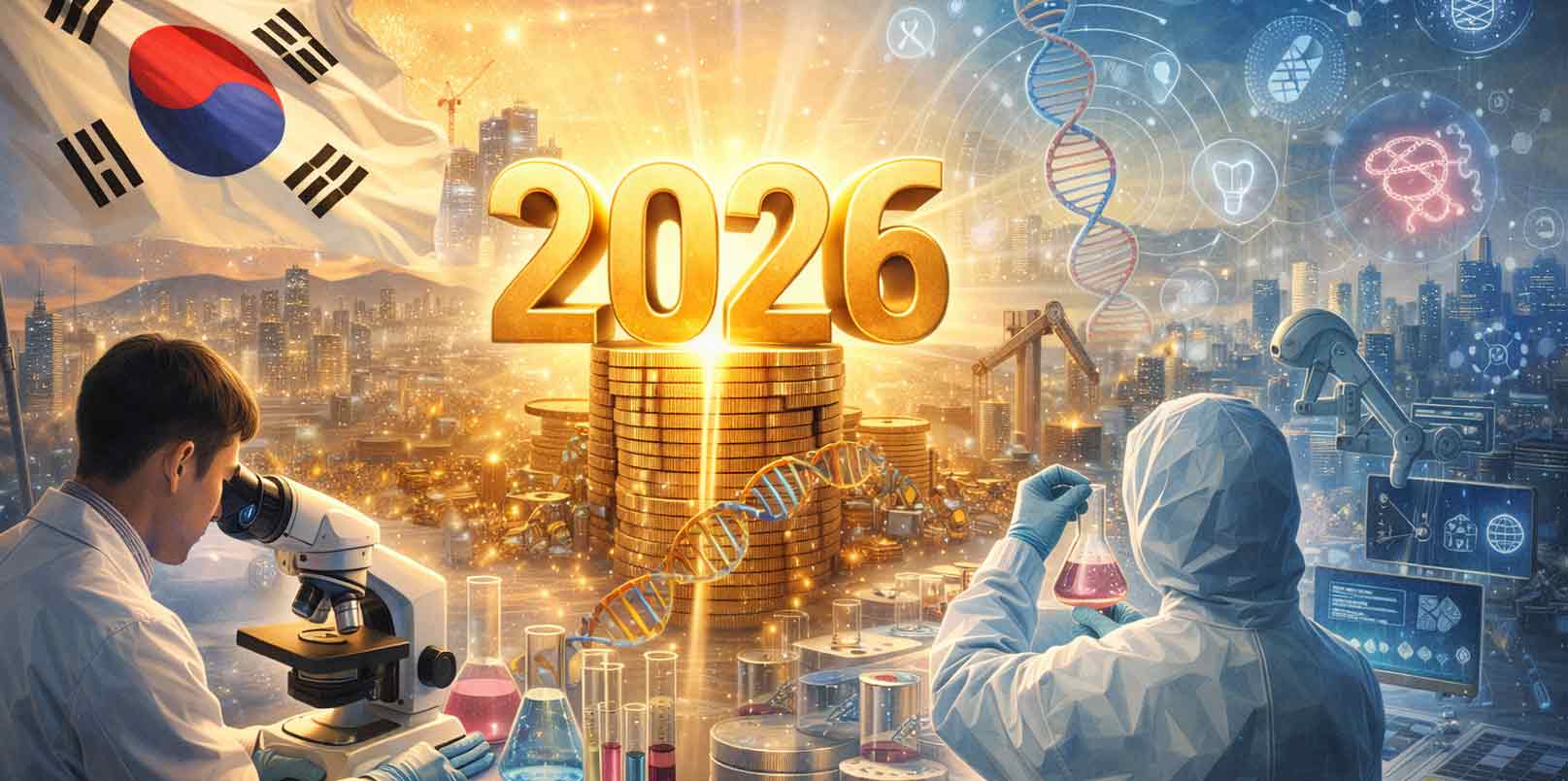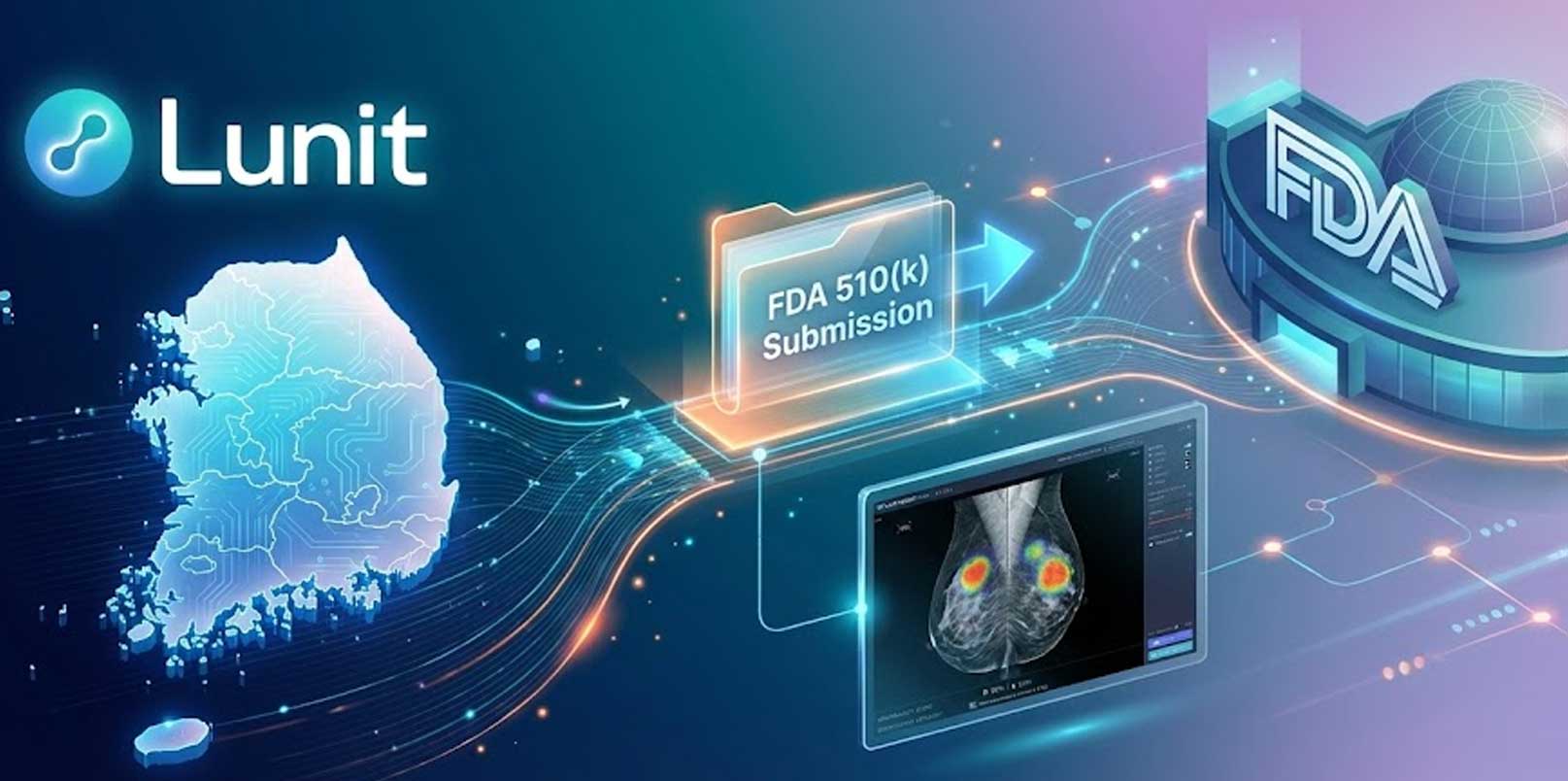The microbiome treatment market is receiving global attention and is rapidly emerging as a new treatment alternative for various intractable diseases. However, recent clinical trial failure reports and the limitation to identify a clear mode of action demand a careful approach. Korea-based company BioMe Inc. wants to bring in disruption with pathbreaking microbiome-based therapeutics.
Established in November 2020 by Professor Sang Sun Yoon of the Department of Microbiology and Immunology, Yonsei University College of Medicine, BioMe Inc. has been developing a microbiome-based live biotherapeutic product (LBP). Based on the distinguished microbiology research foundation of Yonsei University College of Medicine, BioMe Inc.
(i) understands the bacteriological characteristics of the candidate strains,
(ii) can prove its effectiveness using animal disease models, made possible in the state-of-the-art Avison Biomedical Research Centre.
To accelerate its research & development process, the startup recently signed a technology transfer contract with Yonsei University College of Medicine. BioMe Inc. would start developing microbiome-based therapeutics with the six patents transferred from Yonsei University College of Medicine.
The technology transfer under the contract includes a total of six patents, and BioMe’s development pipeline is as follows:
| No. | Development Pipeline |
| 1 | A protein derived from airway microbiome with inhibitory effects against broad-spectrum respiratory infections |
| 2 | A microbiome-derived immune enhancing protein with clear anti-cancer effect |
| 3 | A skin microbiome showing efficacy in treating atopic dermatitis |
| 4 | A consortium of commensal microbes showing efficacy in treating inflammatory bowel disease |
| 5 | Novel synbiotics system inducing butyrate synthesis |
In addition to the above technology, a novel pipeline capable of degrading TMA, a risk factor for cardiovascular disease, is under development by BioMe Inc.
Beyond discovering useful strains, BioMe Inc. is building a microbiome-based system that selectively produces beneficial metabolites or degrades hazardous counterparts. This development strategy represented by “Molecule First” is implemented through the iBTSTM (integrated BioMe Technology for Screen) platform.
Recently, Kim Bu Seon, a former managing director of SK Bioscience, has been recruited to design target product profiles for candidate strains. Preclinical trials are scheduled to begin in the first half of 2022, and clinical trials will begin in 2023.






